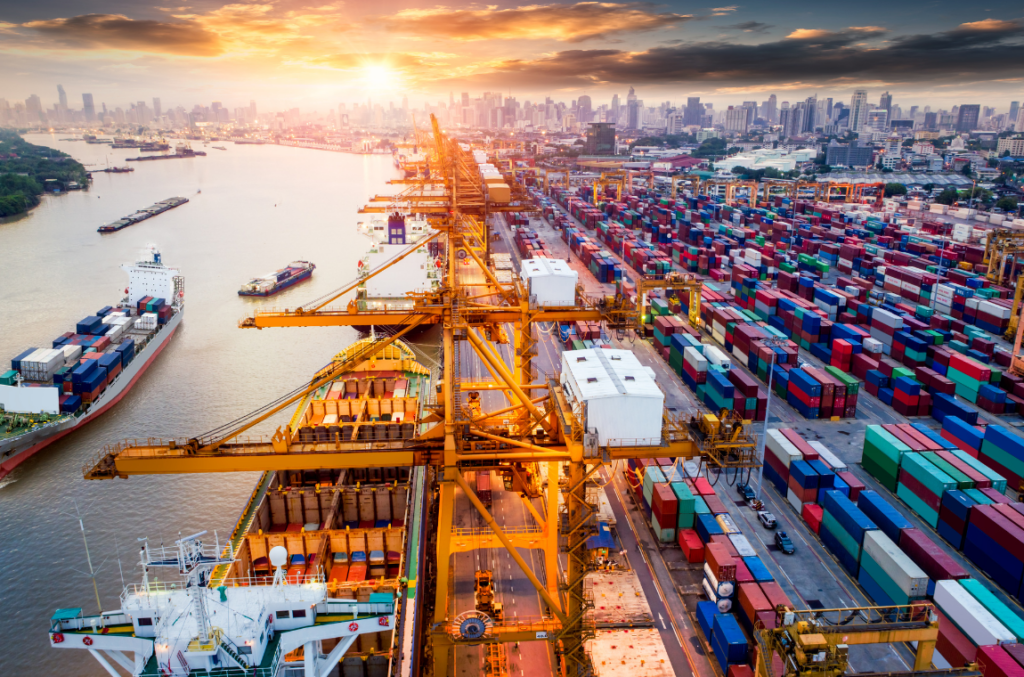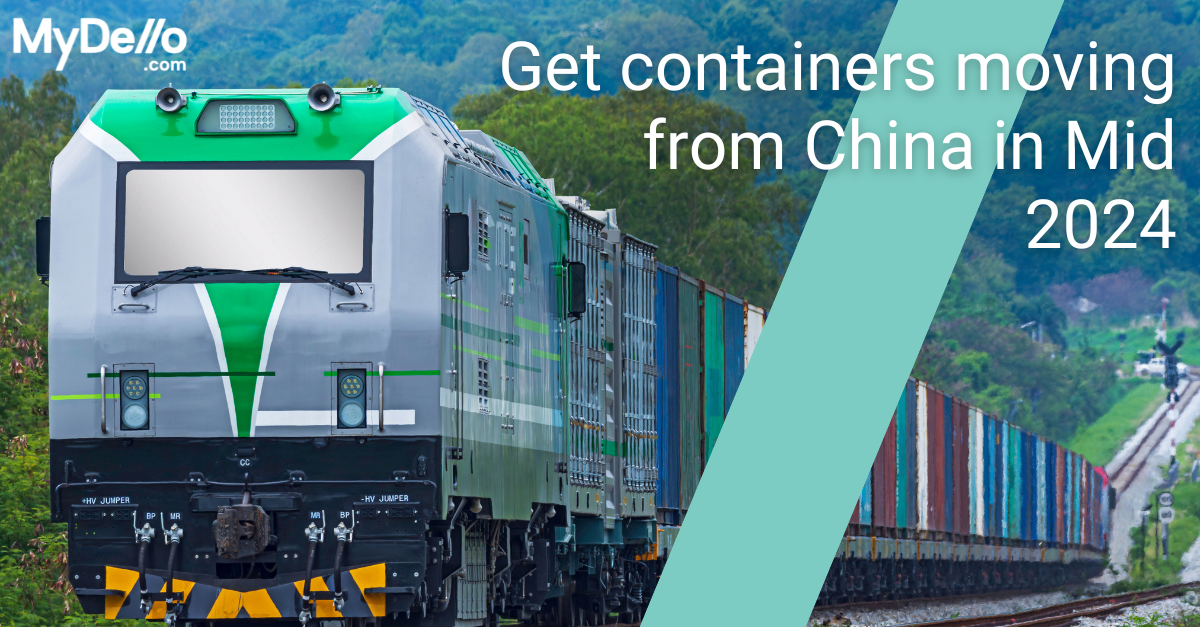What’s up with shipping containers from China?
The logistics sector plays a pivotal role in the economy, and we are currently seeing an intriguing market trend. Container shipping prices via sea freight have been skyrocketing and show no signs of stopping. What’s behind this and how can we take action?
Since the start of Russian aggression towards Ukraine, North and East Europe have seen many challenges. I’ve seen people getting laid off and companies closing down due to lost clients & decreased business. This has happened across Eastern and Northern Europe. Since the beginning of 2024, companies that survived have seen increased orders and projects. New clients have been onboarded, measures have been taken to avoid total closures. Also, future outlook has become more positive with warm weather. Seems like sunshine creates a better business environment?
Positive Outlook and Increased Demand
Positive outlook always brings in new opportunities with production companies revamping their lines. With this, the demand for moving goods is increasing. Since China has been a global economic powerhouse for nearly two decades, many clients are still looking towards China as a supplier. Rightfully so, as their capabilities, cost effectiveness and production capacity is still a major factor in supplier selection.
Get an Instant Online Quote
Create Your No-Cost Account Today and experience the New Era of Logistics
Current Market Challenges
Increased orders have driven the demand for shipping containers sky-high. As the cost for containers was relatively low in March ($3000 USD per 40′ container) compared to 2021 & 2022 (up to $12 000 per 40′), shipping via sea freight seemed to be a viable option, even with the Red Sea crisis.
However, shipping lines are actively monitoring the demand increase. With their increased costs to navigate around Africa to Europe, shipping lines have decided to rapidly increase Asia – Europe container prices up to 8000 USD per 40′ container for some carriers.
Rate increase has not troubled the merchants, since as of now, May 2024, China is basically running out of 40-foot containers. Most of the empties shipped back to China are immediately redeployed to factories to be loaded again.
Market Details on 40’ Containers from China
| Freight mode | Rail freight | Sea freight |
|---|---|---|
| Cost on EXW incoterm | 10 500 EUR | 7 000 EUR |
| Transit time door-to-door | Ca 30 days | Ca 60 days |
| Reliability | Up to 5-day delay in borders | Up to 14-day delay in ports |
| Availability | Up to 10-day delays | Up to 28-day delays |
Actions for Shippers
How should you, as a shipper, act on these rate increases?
Plan Ahead
Getting the containers out smoothly from China seems to become the trend for 2024 summer. If you have early indications on the cargo readiness, choose the carrier – even if the price is not 100% confirmed. Not only the price, but the container availability will become a major factor in the summer of 2024.
Consider Rail Freight
Given the increased costs and transit times for sea freight, rail shipping remains a viable option. While rail freight prices are also rising, currently around €10 500 per container, rates might climb to €12 000 per container in June for door-to-door shipping on the China-Baltics/Scandinavia route. Transit times are approximately 25-35 days. Rail freight can be a cost-effective alternative to air freight.

Stability of Rail Routes
Despite uncertainties around rail routes passing through Russia and Belarus, the Silk Road route remains stable and worry-free. Significant Chinese investments (more than $25 billion) in the Silk Road ensure that the control of rail corridor is in Chinese hands. Our experience over the past two years shows absolutely no issues with transit countries.
Get an Instant Online Quote
Create Your No-Cost Account Today and experience the New Era of Logistics
Split Orders
Part of the goods sent via air freight and the rest via rail/sea freight ensure project completion in time. Although this is not the cheapest option, this strategy can help eliminate delays, optimize costs, and deliver much better on-time-performance to your clients.
MyDello can help you with your shipping questions
Feel free to reach out to discuss your shipping needs. I’m here to help with your making your logistics smooth.


